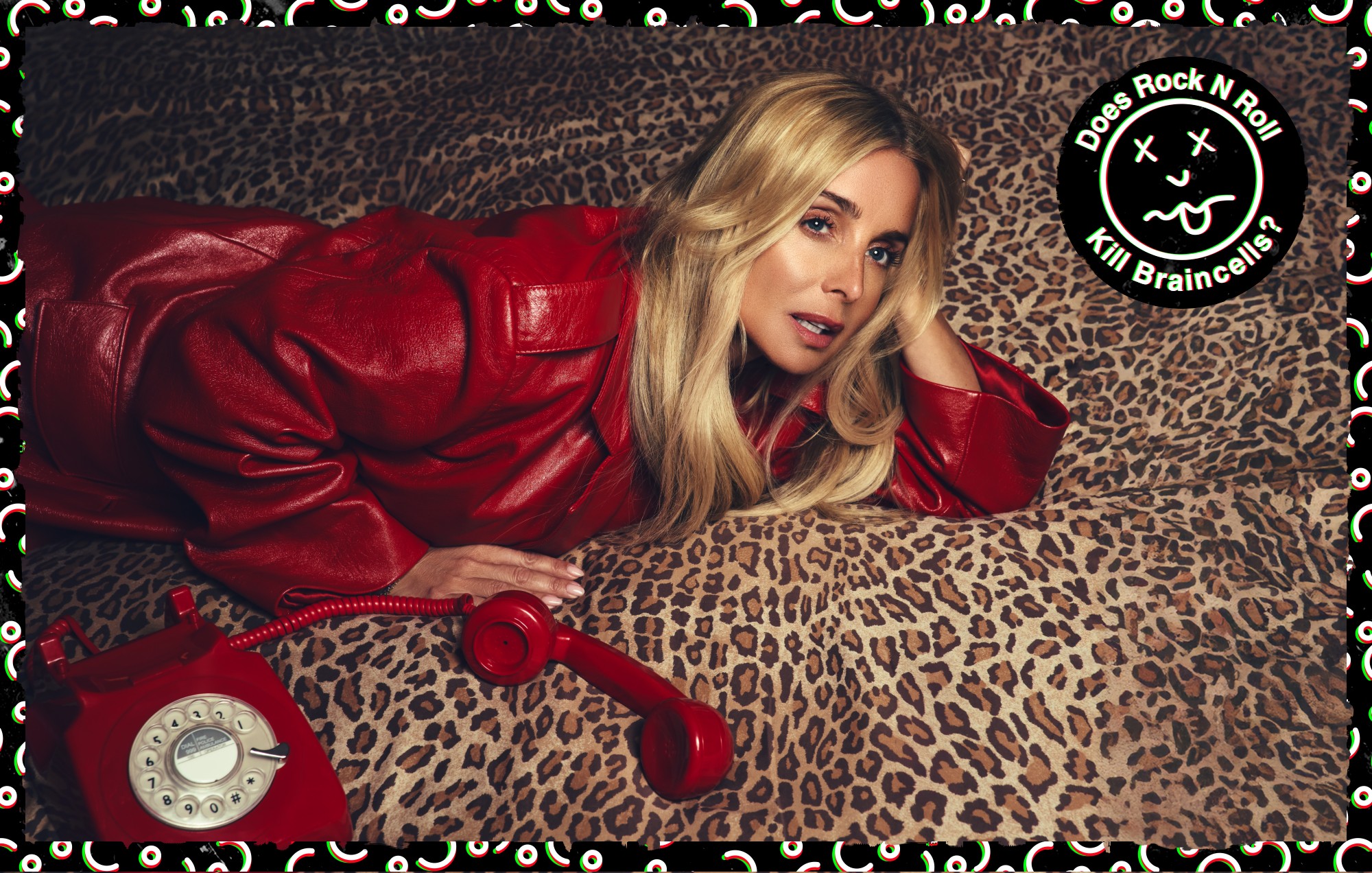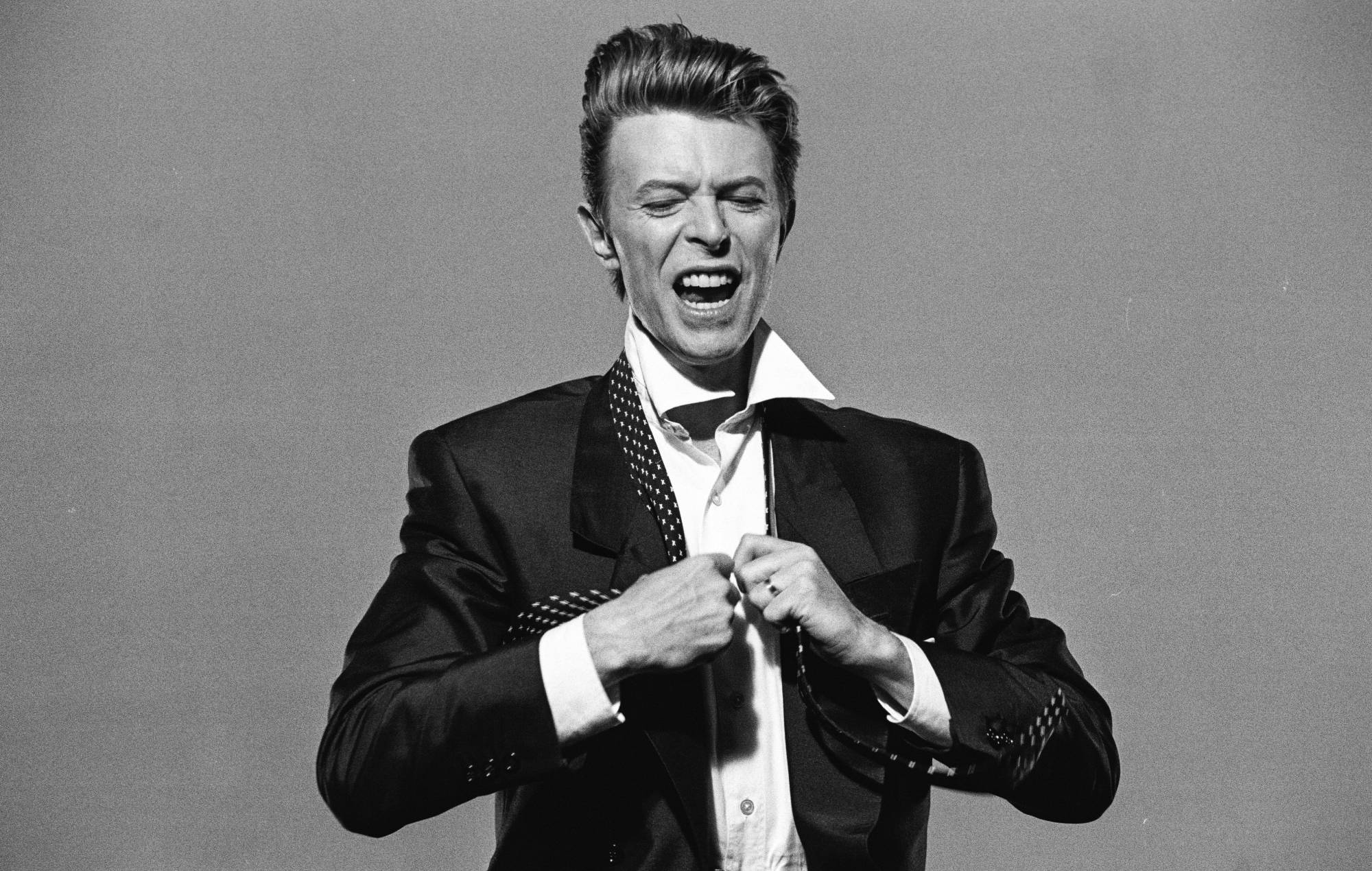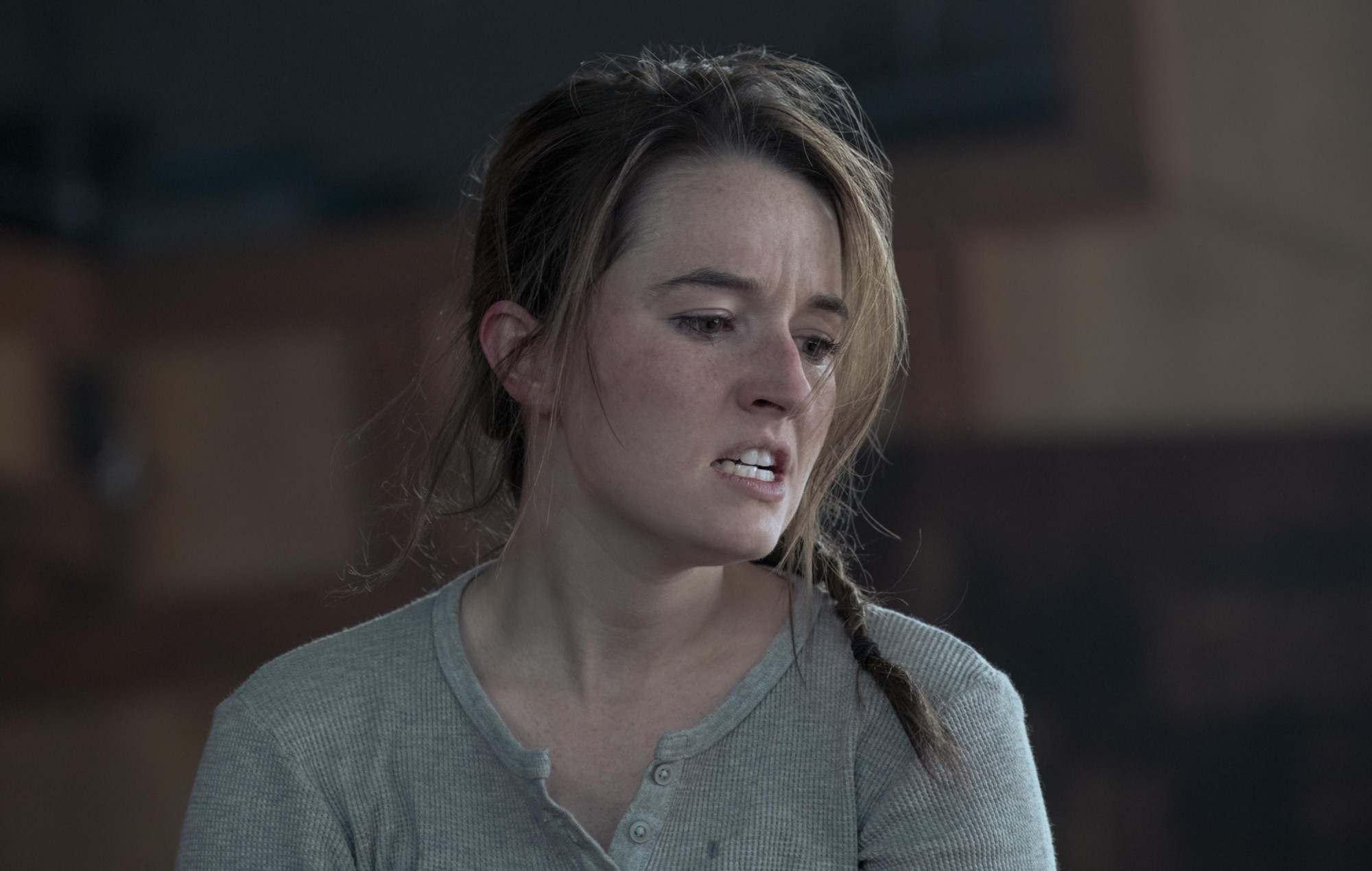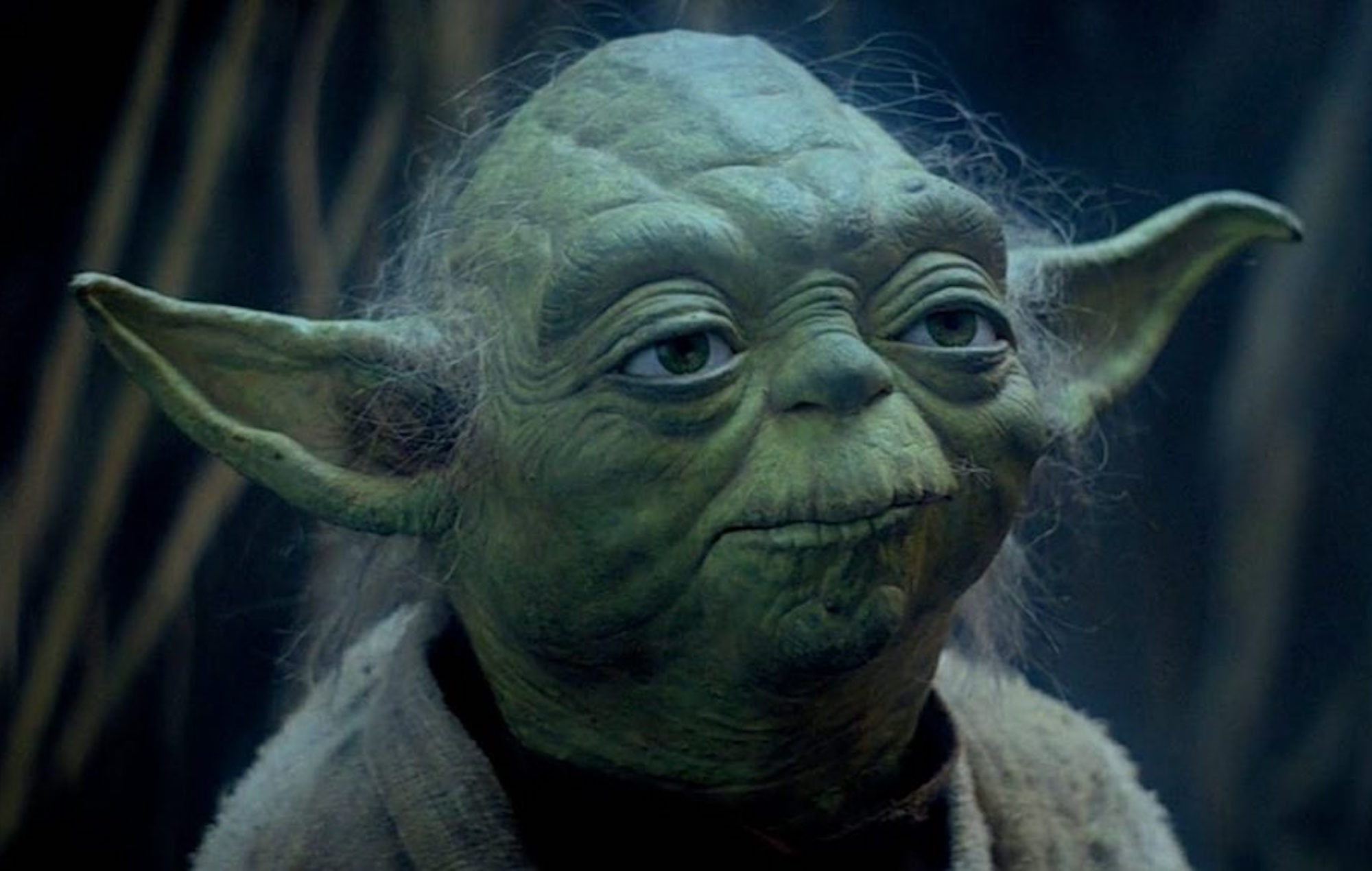Table of Contents
Image C/O: Lola Young ‘One Thing’ music video (embeded below for educational purposes), directed by Dave Meyers alongside the studio freenjoy
Alright, let’s slow this down for a second.
Lola Young’s “One Thing” is a song that hits hard the first time you hear it. It’s bold, it’s direct, and it’s not pretending to be something it’s not. At first pass, yeah—it sounds like it’s just about sex. That’s exactly how Young frames it herself in interviews. She’s not being subtle.
But if you listen again, and actually read through the lyrics closely, there’s something else going on. Something messier, more vulnerable, and a little more interesting. And for me, that’s where this song earns a closer look.
[embed]https://youtube.com/watch?v=bV9SOv_Y61s&si=Q5fXv6vbm2AsX7_9[/embed]Now, I’m not here to argue that this is secretly a love song or that it’s hiding some grand metaphor. I just think there’s more going on emotionally than meets the ear—and I wanted to use my background in literature and creative writing to dig into that a little. Think of this as one long office-hours chat, where we use some poetry, a bit of close reading, and a few literary frameworks to explore what “One Thing” is really doing underneath all the bravado.
To be clear: these are just my thoughts, not some official interpretation. But if you’re someone who likes reading between the lines—and doesn’t mind mixing modern pop with dramatic monologues and literary tension—then we’re gonna get along fine.
A little context first: “One Thing” dropped in May 2025, following the viral success of Young’s earlier single “Messy”. That one pushed her to the front of the alt-pop conversation, and now “One Thing” seems to be her way of flipping the script—giving us something that’s lighter on the surface, but still complex if you choose to dig. She’s called the track “liberating and sexy and freeing,” and she’s been upfront about wanting it to be both fun and thought-provoking. There’s even a boxing-themed music video, which adds another layer of intensity and power play to the whole thing. And while this might sound like a spontaneous side release, she’s said it’s something she’s been thinking about for a while.
So with all that in mind, I want to take the lyrics seriously—not just as raw expressions of lust, but as a performance of control, contradiction, and craving. It’s not just about what she wants. It’s about how wanting becomes a shield—and maybe, underneath all that noise, a quiet kind of ache.
“One Thing” at a Glance
- It’s bold on purpose. Lola Young isn’t shy about the sexual angle here—she’s said the song is about “one thing,” and she means it. But that’s not all she means.
- It’s also a power move. From the boxing metaphors in the video to the way she controls every line, this is about owning the space—physically, emotionally, and artistically.
- But don’t miss the shift. The outro flips the tone completely. What started as a hookup anthem starts to sound like someone who’s been waiting for something deeper all along.
One Thing Lyrics
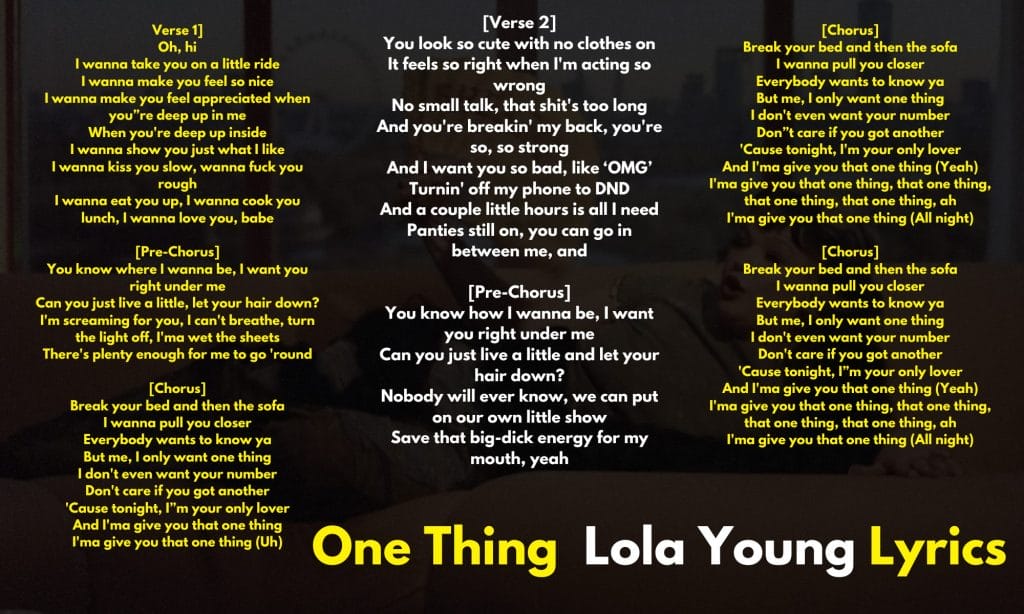
Meaning
“I Wanna Kiss You Slow, Wanna F* You Rough”**
This first verse jumps in fast. The speaker doesn’t waste time. She says what she wants: to feel good, to give pleasure, and to be in control. When she says, “I wanna kiss you slow, wanna f** you rough,”* she’s not just being sexual. She’s showing two different sides of herself—soft and strong. Then, she adds:
“I wanna eat you up, I wanna cook you lunch”
This line stands out to me. After all the heat, she suddenly talks about something kind, like making food. In my opinion, that tells us something important: even when she’s being bold and wild, there’s still a part of her that wants to be close, even gentle. She wants to care for this person—but only for this moment.
This push and pull reminds me of Kim Addonizio’s poem “What Do Women Want.” She writes:
“I want it too tight, I want to wear it / until someone tears it off me.”
That poem, like this verse, is about desire that feels big and loud. But it’s not just about looking good or getting attention. It’s about needing to feel something strong. Both the poem and the song show how desire and emotion can live in the same moment—even when the speaker pretends it’s just about sex.
“Can You Just Live a Little, Let Your Hair Down?”
Now the speaker gets more serious. She asks the other person to give in, to stop thinking so much, and just enjoy it. She says:
“I’m screaming for you, I can’t breathe / Turn the light off, I’ma wet the sheets”
That’s not just about sex. That’s about wanting to be free. She wants the other person to forget the rules and just feel what’s happening. But she also says, “There’s plenty enough for me to go ‘round,” which sounds like she’s performing, like she’s trying to impress or prove something.
This kind of performance shows up in Frank Bidart’s poem “Herbert White.” In that poem, the speaker says:
“I saw the world in flames. I felt nothing.”
That line is chilling. He’s doing big, scary things just to feel alive. In a way, this song’s speaker is doing the same. She’s going all out—not just to please her partner, but maybe to feel something herself. Her performance becomes a way to hide her fear of feeling empty.
So even though the lyrics are bold, I think they’re also a little sad underneath. She’s acting like she has it all under control, but she might be doing all this because she’s scared of being alone or ignored.
“I Don’t Even Want Your Number”
This is the part of the song where she says she doesn’t want anything more. She sings:
“I don’t even want your number / Don’t care if you got another”
This sounds like someone who’s trying not to care. Like she’s protecting herself from getting hurt. But then she says:
“Tonight, I’m your only lover”
To me, that’s where the truth slips out. Even if it’s just for one night, she wants to matter. She wants to feel like the one. Not forever—just for right now. She wants to be special in the moment, even if she acts like she’s too cool to care.
This reminds me of a line from Ai’s poem “The Kid.” The speaker says:
“I said, ‘I love her,’ but she didn’t hear me.”
It’s a painful moment. The speaker is trying to express something real, but no one’s listening. Like in the song, there’s a feeling of shouting into silence. Saying you don’t care is easier than admitting you want to be loved. The song’s speaker says she’s fine with just sex, but her words tell a different story.
“You Look So Cute With No Clothes On”
In the second verse, she keeps pushing emotions away. She says:
“No small talk, that shit’s too long”
That line is important. She’s not interested in connection. She wants to skip the talking, the feelings, and just go straight to the physical part. But I think this is about more than just being impatient. She’s avoiding intimacy. Small talk might lead to real talk—and she’s not ready for that.
Later she says:
“I want you so bad, like OMG / Turnin’ off my phone to DND”
Even though she’s pretending to be casual, she’s making real space for this person. Turning off her phone shows that, at least for now, she wants this to feel special. There’s effort here. That makes me think she wants more than she’s letting on.
Kim Addonizio does something similar in her poem. She says:
“I want to walk like I’m the only woman on earth / and I can have anyone.”
That sounds powerful. But I also think it sounds lonely. If you can have anyone, maybe that means you don’t feel close to anyone. Just like the speaker in the song, the speaker in the poem is acting strong to cover up something softer inside.
“Been Waitin’ for You All My Life”
This outro is where everything changes. Suddenly, the speaker isn’t cool or guarded anymore. She repeats:
“All my life, all my life / Been waitin’ for you all my life”
This isn’t about sex anymore. It’s about love. Or at least, about wanting love. Wanting something real. Wanting to be seen. She keeps repeating the words like she’s been holding them in and now they’re just spilling out. It’s honest in a way the rest of the song never let her be.
She even says:
“Gonna do me right, do me right / Oh boy, you’re gonna do me”
This still sounds sexual, but there’s emotion behind it now. It’s not just about what he’s doing to her—it’s about how she wants to be treated. She wants him to care. To do right by her. That’s a big change from the start of the song.
In Frank Bidart’s poem, the speaker never really changes. He stays stuck in his pain. But here, the song lets the speaker grow. She admits something she couldn’t say before: that she’s been waiting for someone, maybe this person, maybe anyone, to finally treat her like she matters.
Let’s Connect The Dots
Lola Young has said this track is about sex. Full stop. She’s also said—very casually, by the way—that it’s about how sex is never just about sex. That’s a smart thing to say out loud, especially when you’re writing a song that moves like this one: sharp, fast, loaded with confidence.
The lyrics are all motion—“Break your bed and then the sofa”—and that’s part of the energy she’s chasing. But what I find more interesting is what happens when the speed starts to slow down. Right near the end of the song, she’s no longer throwing lines or calling shots. She’s just repeating herself: “All my life, all my life.” And when someone repeats a line that many times, especially after spending the whole track pretending none of this matters, I start to wonder what they’re actually trying to say.
That switch—the one from “I want nothing from you” to “I’ve been waiting for you”—doesn’t read like a contradiction to me. It reads like emotional muscle memory. It reminds me of Kim Addonizio’s “What Do Women Want,” where the speaker says, “I want it too tight, I want to wear it / until someone tears it off me.” It’s desire, but it’s also a dare. There’s control on the surface, and underneath that, something more exposed.
I think that’s what Young is doing too. The speaker’s in charge, yes—but she’s also testing the edge of that power, seeing if it protects her or leaves her feeling even more alone. That’s a big part of what makes this song interesting: it doesn’t resolve. It just keeps circling the same line, asking the same question in louder and quieter ways.
And if you step back and think about the structure—verse to pre-chorus to chorus to that long outro—it tracks almost like a dramatic monologue. Which is where the other two poems come in. Ai’s “The Kid” and Bidart’s “Herbert White” both follow speakers who aren’t asking to be liked. They’re telling a story because they have to, not because they’ve figured out how to live it cleanly.
Bidart’s character says, “I saw the world in flames. I felt nothing.” That moment feels cold and huge at the same time—like someone who’s done everything except figure out what they need. In “One Thing,” we get that same kind of burn-out at the end.
Not silence, exactly, but a kind of exhausted loop. And for someone like Young, who’s said in interviews that she struggles to separate sex from feeling, it makes sense that the speaker wouldn’t quite know where one ends and the other begins. That’s where the real meaning lands—not in clarity, but in the fact that the song never lets the contradiction go.
The post One Thing Lola Young Lyrics And Meaning: It’s Not Just a Hookup Song appeared first on Magnetic Magazine.
